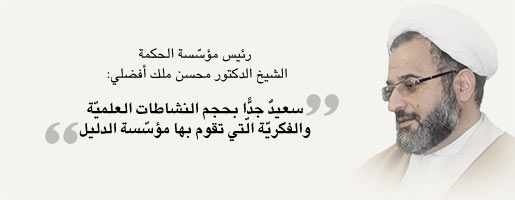
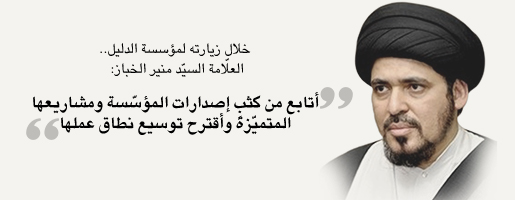
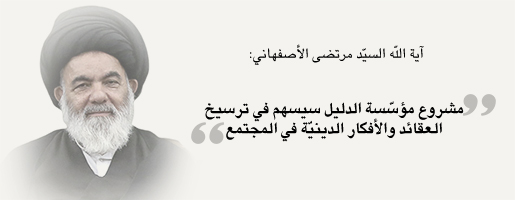
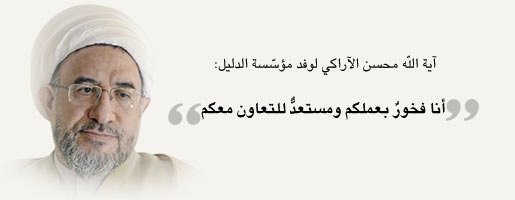
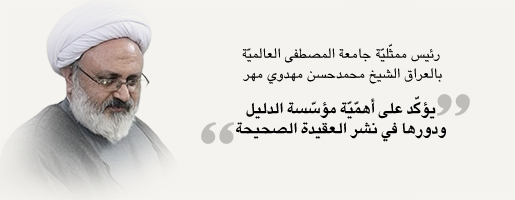
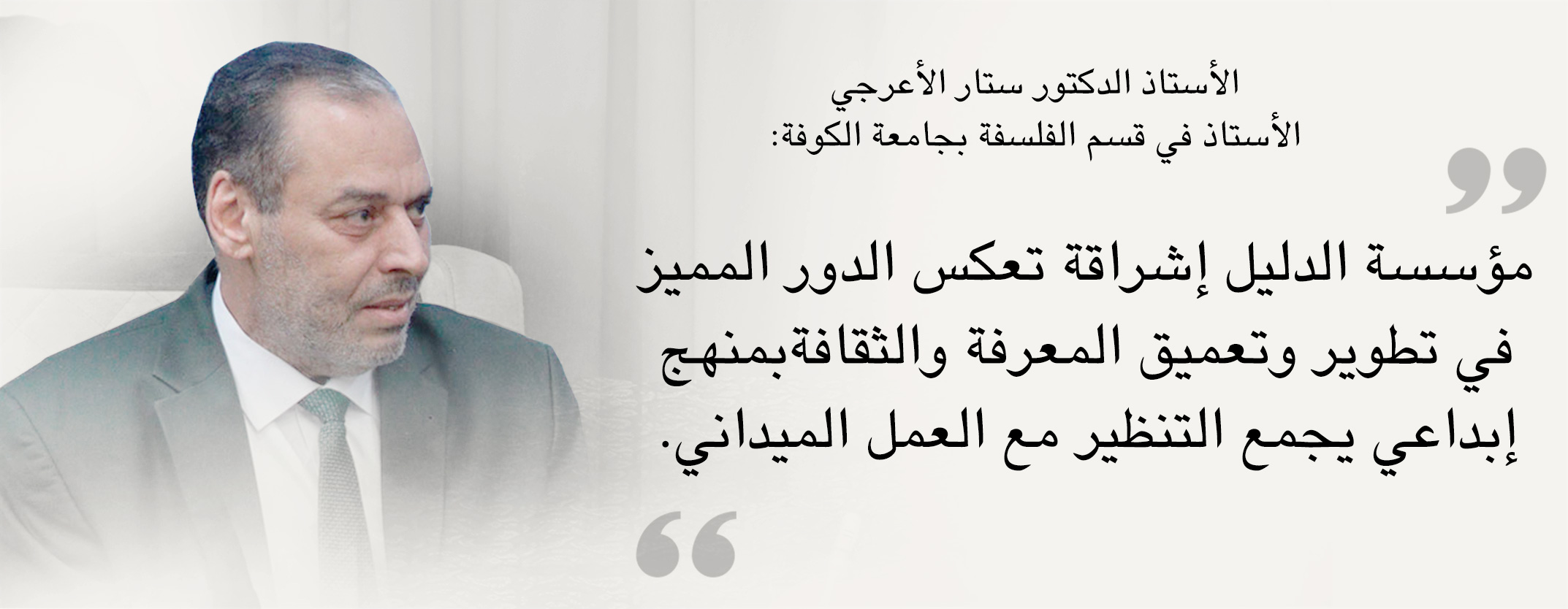
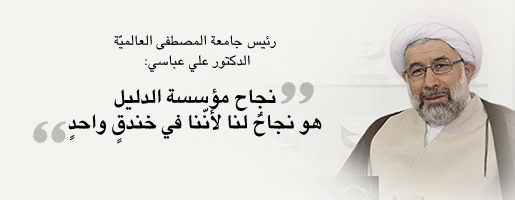
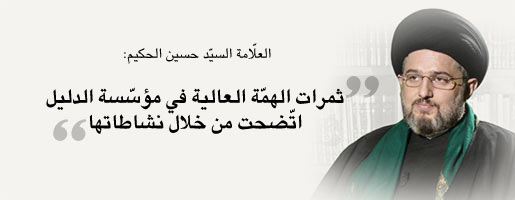
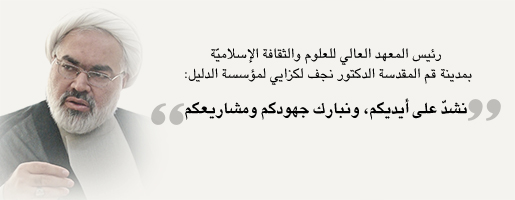
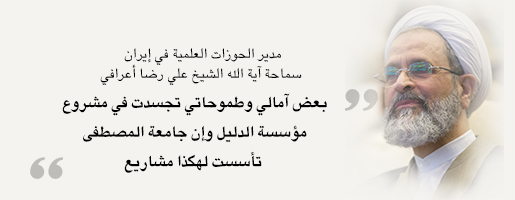
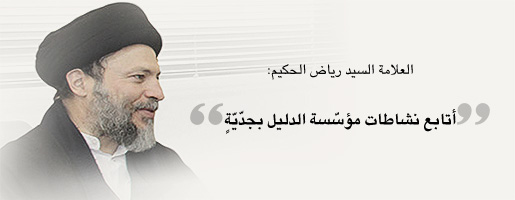
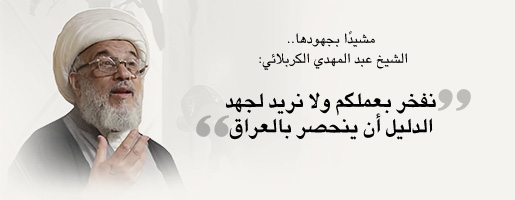
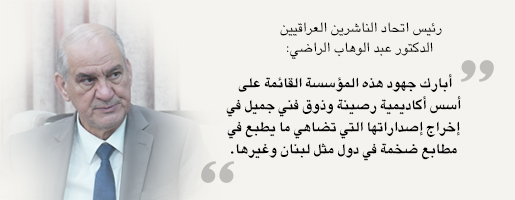
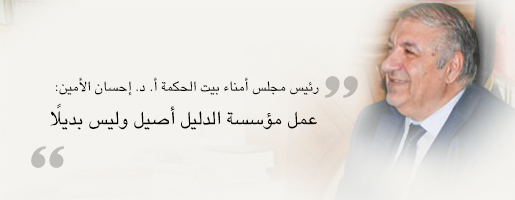
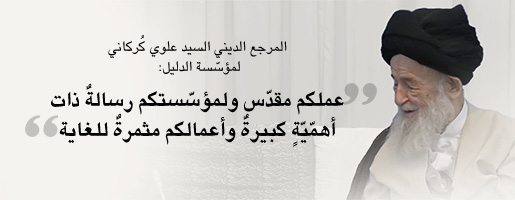
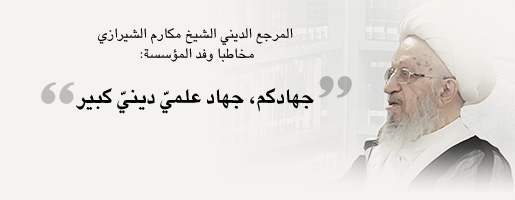
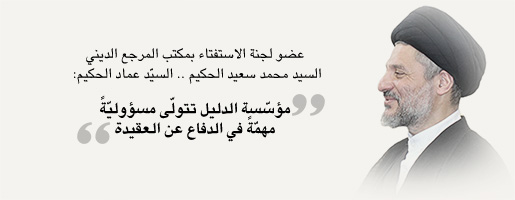
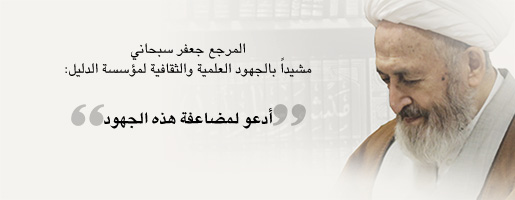
Ayman al-Misri
Summary
The essay touches on an elementary and serious issue that has its great impact on every man’s view of the creed. This issue namely is the determination whether human knowledge is absolute or relative. In other words, it discusses the question whether we, human beings, are able to find out things as they actually are in reality or we cannot realize the total features of a thing; rather, we are only able to realize the apparent features the we can see but not as they really are.
In investigating the issues related to this thesis, the writer employs the demonstrative intellect approach; he thus first establishes the substantial principles on which he would rest in the judgment between the two opposite trends and then starts with exhibiting the various divisions of human knowledge in terms of their epistemological tools and their innately natural features in order, in a coming stage, to prove the various epistemological tools as serving as valid arguments and to point to the frame within which these tools act as valid arguments in the issue of revealing the reality of things.
The writer then classifies the relative knowledge into two classes; the first of which is about the unconditional relativity of the epistemological tools, which is the same widely known epistemological relativity, while the second class is about the most accurate way of understanding the texts, which is the same semantic relativity.
After that, the writer mentions the incentives that led the relativists to choose either the epistemological or the semantic relativities. On top of these incentive is ignorance or negligence of the absolute, primary rational principles.
The writer then moves to presenting the principles of the absolute knowledge and displaying its theme and reality in itself, proving that this absolute knowledge rests on the same intuitive and self-evident rational principles.
He then criticizes the principles of relative knowledge according to the logical and epistemological rules that have already been decided, thus proving that the relative knowledge, in addition to its being self-destructive, leads to nothing but skepticism and sophistication.
In details, the writer sheds light on the positive creedal outcomes of the absolute knowledge and the negative consequences of the relative knowledge.
At the end, the writer sums up the universal results concluded from the research, including establishing principles for the logical and epistemological rules, explaining the motives and attitudes of the advocates of both the absolute and the relative knowledge, the criticisms raised about the approach of the relativity of knowledge, warning against their negative effects on the creedal view, such as elimination of the creed, divergence of The writer also gives some scientific and cultural advices and recommendations that are helpful to protect against and treat the problems originated by the relative knowledge, especially in academic centers. Such recommendations include necessary refreshing of the rational sciences, taking much more interest in teaching these sciences and graduating proficient and specialized scientific cadres and other cadres fully trained on the genuine rational culture by means of reforming the educational and cultural systems in the various religious and academic educational centers in order to develop the human societies.
